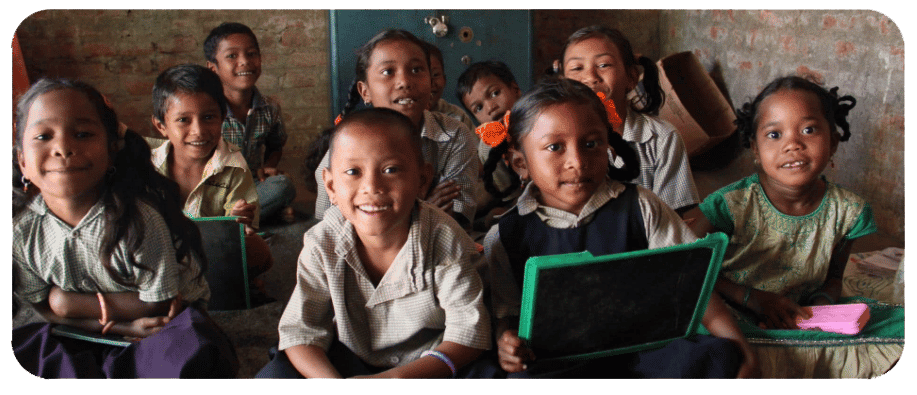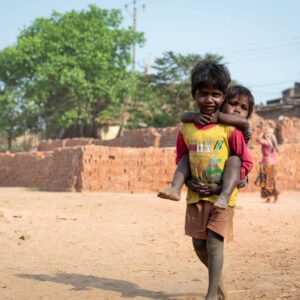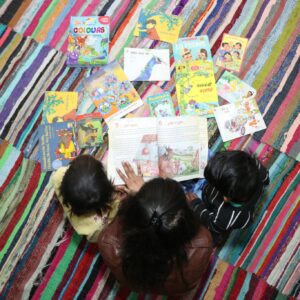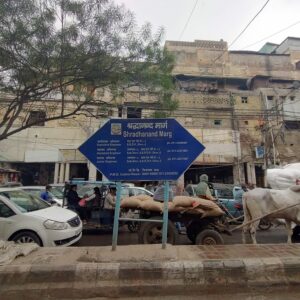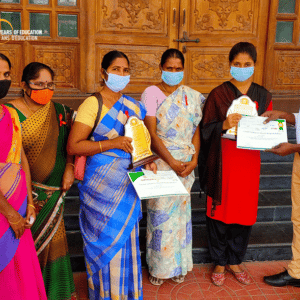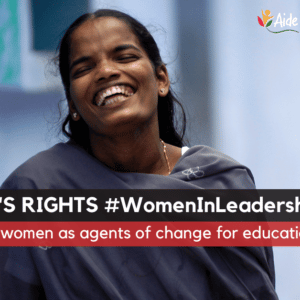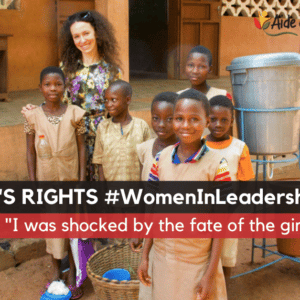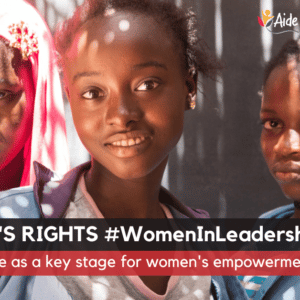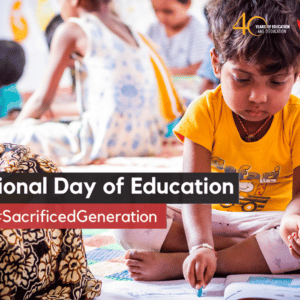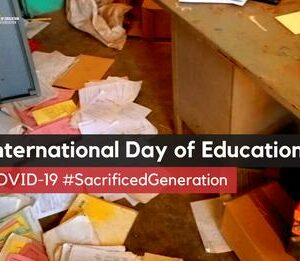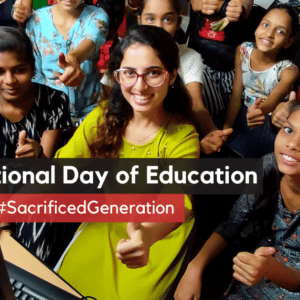Faced
with the existing inequalities between girls and boys in Senegal, Aide et
Action and the L’Oréal Women’s Fund have made a commitment to support 300
vulnerable girls at risk of dropping out of school in the regions of Kolda and
Fatick. For two years, these students will be supported to ensure their
maintenance until ninth grade.
Developed by Aide et Action with the support of the L’Oréal Women’s Fund, the SCOLFILLES project started its activities in January 2021 in Senegal. For two years, this will support the education, maintenance and success of 300 girls from rural areas and particularly vulnerable academically, in 5 Middle Schools in the regions of Kolda and Fatick. The goal is for at least 75% of the girls supported to reach the ninth grade level.
Persistent difficulties for girls
In the two regions covered by the project, we note the persistence of difficulties for girls in pursuing their studies. Indeed, the weak financial capacities of households in the face of the direct and indirect costs of schooling, cultural constraints, the lack of female reference models, sexist stereotypes or even discriminatory practices common in the school field are all obstacles to their schooling. All these barriers have a real impact on the career path of young girls since, in 2019, only 22.6% of them reached the last year of Middle School in Kolda and 51.6% in Fatick, with a success rate respectively of 55.5% and 43.9% at the final exam.
The identification of young girls particularly at risk of dropping out of school was carried out during the month of February by the teachers themselves. In each establishment, they filled in sheets based on information such as delays, absences, learning results, class participation, etc. Analysis of these data made it possible to determine the number of at-risk girls affected by each of the factors selected; these represent 24.5% of the total enrollment of the five Middle Schools.
Multidimensional vulnerability
The information collected also allowed us to better understand the difficulties they were facing. Among the girls supported by the project, 267 come from very poor families unable to meet the costs of schooling; 238 find it difficult to collect the necessary school supplies for the start of the school year; 197 do not have access to 3 meals a day and 57 are orphans. On the socio-cultural level, 70% of girls come from families for which girls’ education is poorly perceived; 61 of them are considered for marriage and 14 others do not have birth certificates. In terms of education, 105 girls (35%) have serious learning difficulties and fail to meet the skill thresholds set and 55 girls are irregular in class. Regarding health, 7 girls live with a disability, 35 girls suffer from chronic illnesses and 23% (70 girls) do not manage to get treatment when they are sick; 7 of them are pregnant. Also, 51 girls say they are victims of harassment, mistreatment, name-calling, stigmatization or mockery.
A current and major challenge
In light of this analysis and with the support of the L’Oréal Women’s Fund, Aide et Action is developing activities that will make it possible to improve the situation on a lasting basis. Thus, actors of change such as opinion leaders, local elected officials, village chiefs, religious guides, or model women will be made aware of these issues. Teachers will be trained and supported to promote the participation, involvement and motivation of girls in the learning process. The young girls will receive education classes on Sexual and Reproductive Health (SRH). Adapted academic support will be offered to them with the distribution of digital tablets and the provision of home learning materials. Finally, a system of “godmothers” for girls will be set up in order to provide them with advice and psychological support.
“The project is coming on time,” said a professor from the Middle School of Dialambéré. “Keeping girls in school, especially college, is a major challenge. By addressing them, you have targeted the vulnerable category of the education system. For a number of reasons, our girls are leaving school prematurely and family spending up to that point is falling apart“. He concludes on the importance of male involvement: “It is important to work with male parents, because they are the ones who give their daughters in marriage. “


